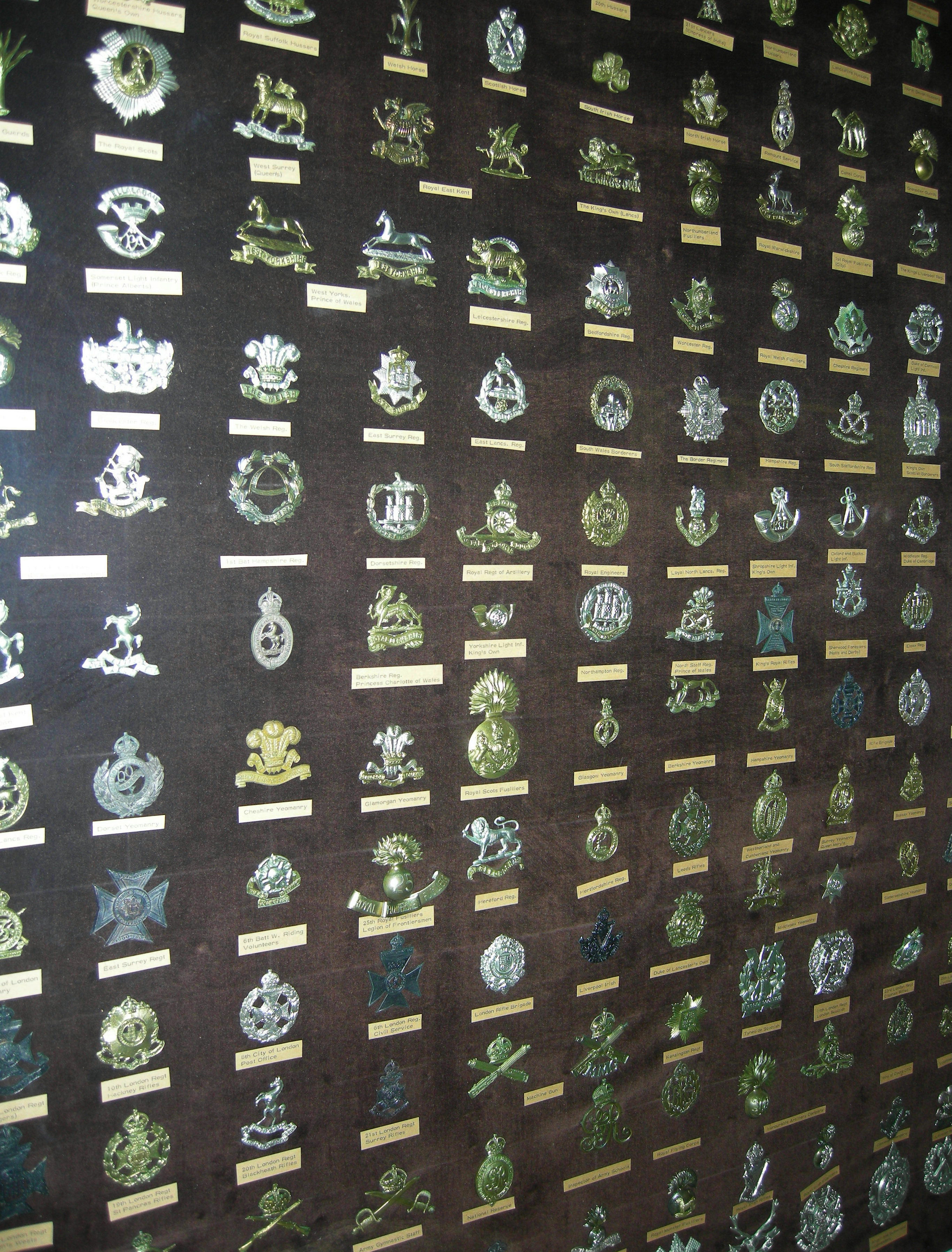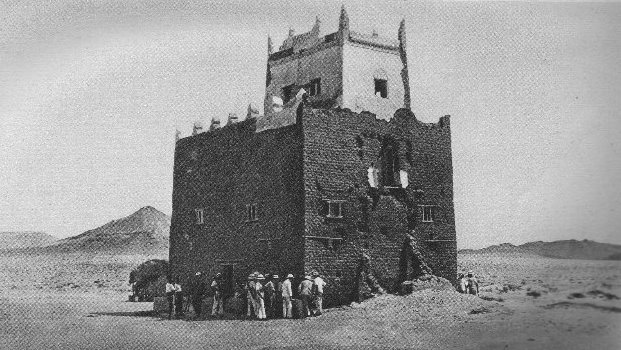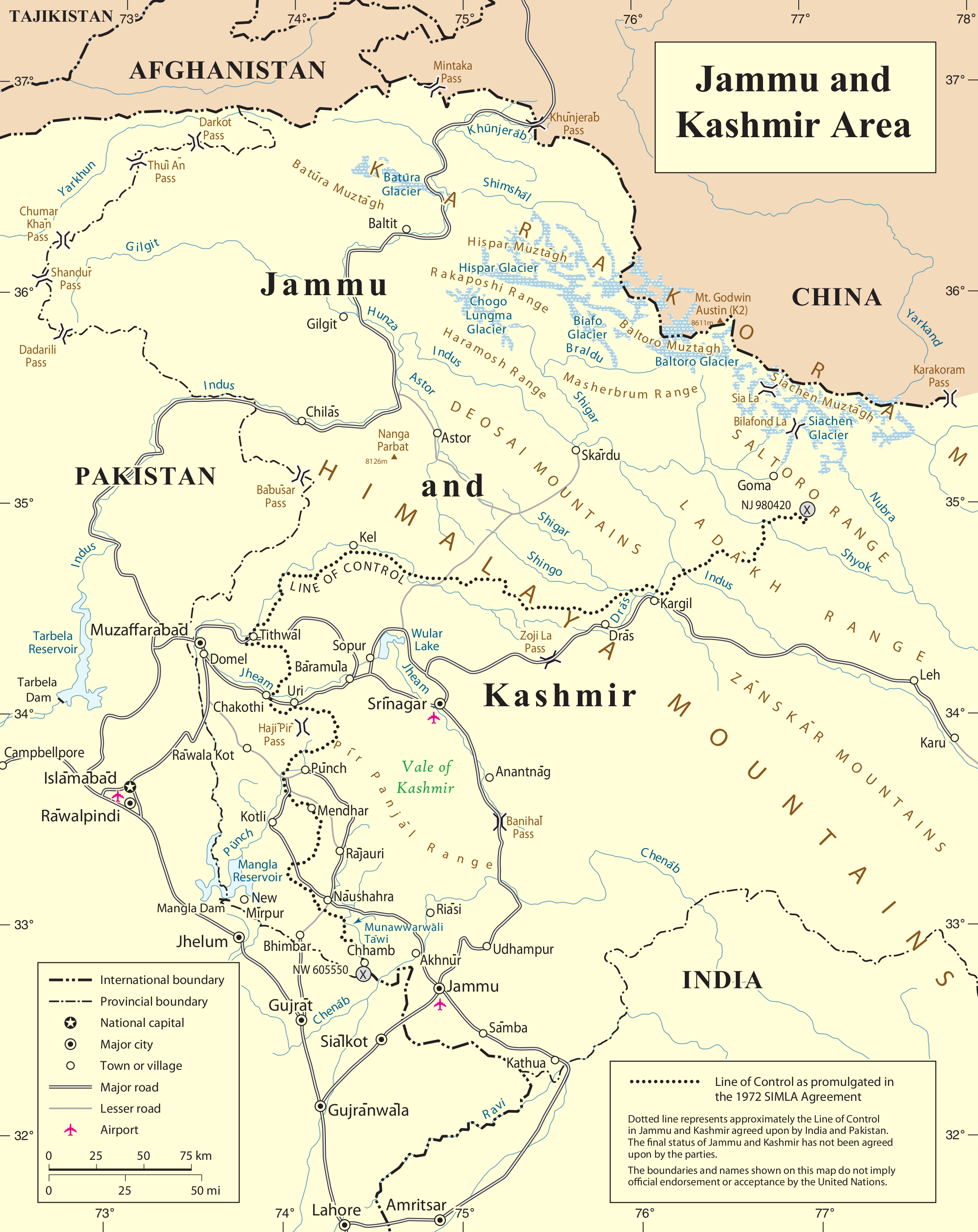|
Frontier Force Regiment
The Frontier Force Regiment is one of the six infantry regiments of the Pakistan Army. They are popularly known as the ''Piffers'' in reference to their military history as the PIF (Punjab Irregular Force) of the British Indian Army, or as the ''FF'' (Frontier Force). The regiment takes its name from the historic North-West Frontier Province, North-West Frontier, a former province of Presidencies and provinces of British India, British India and later Pakistan (present-day Khyber Pakhtunkhwa). Most of the regiment's ancestral military formations were units composed of infantry of either Punjabis, Punjabi or Pashtuns, Pathan origin. However, the oldest unit of the regiment is the 59th Scinde Rifles (Frontier Force), Scinde Camel Corps, raised in 1843 under Company rule in India. Another ancestral unit was the infantry component of the British Indian Army Corps of Guides (India), Corps of Guides (Guides Cavalry, partial cavalry unit). Despite being a Pakistani regiment, the Front ... [...More Info...] [...Related Items...] OR: [Wikipedia] [Google] [Baidu] |
Cap Badge
A cap badge, also known as head badge or hat badge, is a badge worn on uniform headgear and distinguishes the wearer's nationality and/or organisation. The wearing of cap badges is a convention commonly found among military and police forces, as well as uniformed civilian groups such as the Scouting, Boy Scouts, civil defence organisations, ambulance services (e.g. the St. John Ambulance Brigade), customs services, fire services etc. Cap badges are a modern form of Heraldic badge, heraldry and their design generally incorporates highly symbolic devices. Some badges that contain images of lions or other cats are sometimes informally referred to as cat badges. Instances in military forces British armed forces The British Armed Forces utilise a variety of metal and cloth cap badges on their headdress, generally on caps and berets. They are also worn on Uniforms_of_the_British_Armed_Forces#Turbans, Sikh turbans. British Army In the British Army (as well as other Commonwealth o ... [...More Info...] [...Related Items...] OR: [Wikipedia] [Google] [Baidu] |
Somaliland Campaign
The Somaliland campaign, also called the Anglo-Somali War or the Dervish rebellion, was a series of military expeditions that took place between 1900 and 1920 in modern-day Somaliland. The British were assisted in their offensives by the Ethiopian Empire and the Kingdom of Italy. The Dervish led by Mohammed Abdullah Hassan, Sayid Muhammed Abdullah Hassan, continued independently from about (24–26) years between [tel:1896/1900–1921 1896/1900–1921]. The Dervish movement had successfully repulsed the British Empire four times and forced it to retreat to the coastal region., With the defeat of the Ottoman Empire, Ottoman and German Empire, German empires in World War I, the Dervish movement lacked any allies. The British thus turned their attention to the Dervishes, who launched a massive combined arms offensive on their strongholds of the Taleh forts. The British also Somaliland campaign (1920), aerially bombed the Dervish capital of Taleh, bringing the conflict to an end. ... [...More Info...] [...Related Items...] OR: [Wikipedia] [Google] [Baidu] |
Rob Lockhart
General Sir Robert McGregor MacDonald Lockhart (23 June 1893 – 11 September 1981) was a senior British Army officer during the Second World War and later the first Commander-in-Chief of the Indian Army upon India's independence. In retirement he was a leading member of the Scout Association. Family Lockhart was born in Ayrshire, Scotland. His mother was Florence Stuart Macgregor, while other ancestors included Bruces, Hamiltons, Cummings, Wallaces and Douglases. His brother, the diplomat and writer R. H. Bruce Lockhart, claimed that "There is no drop of English blood in my veins." Another brother, J. H. Bruce Lockhart, was headmaster of Sedbergh School, while his nephews Rab Bruce Lockhart and Logie Bruce Lockhart went on to become headmasters of Loretto and Gresham's. Another nephew, J. M. Bruce Lockhart, was an intelligence officer. Military career Lockhart was born 23 June 1893 and educated at the Royal Military College, Sandhurst, and was commissioned onto the ... [...More Info...] [...Related Items...] OR: [Wikipedia] [Google] [Baidu] |
Defence Day
Defence Day ( ALA-LC: ) is celebrated in Pakistan as a national day to commemorate the sacrifices made by Pakistani soldiers in defending its borders.Taha SiddiquiDear Pakistanis, this Defence Day, please stop celebrating hate Al Jazeera, 6 September 2018. The date of 6 September marks the day in 1965 when Indian troops crossed the international border to launch an attack on Pakistani Punjab in a riposte to Pakistan's Operation Grand Slam targeting Jammu. While it is officially commemorated as an unprovoked surprise attack by India, repulsed by the Pakistan Army despite its smaller size and fewer armaments, the narrative has been criticised by Pakistani commentators as representing false history. Context of the 1965 War The Indo-Pakistani War of 1965 began with Pakistan sending Mujahid into the Kashmir Valley to incite the population into rebellion and dislocate the local installations. In the second stage, on 1 September, it launched a tank attack, dubbed Operation Grand S ... [...More Info...] [...Related Items...] OR: [Wikipedia] [Google] [Baidu] |
Kargil War
The Kargil War, was fought between India and Pakistan from May to July 1999 in the Kargil district of Ladakh, then part of the Indian-administered state of Jammu and Kashmir (state), Jammu and Kashmir and along the Line of Control (LoC). In India, the conflict is also referred to as Operation Vijay (, ), which was the codename of the Indian military operation in the region.It is also sometimes referred to as Operation Vijay Kargil so as to distinguish it from Operation Vijay (1961), Operation Vijay, the 1961 operation by the Indian Armed Forces, military of India that led to the capture of Goa, Daman and Diu and Anjidiv Islands. The Indian Air Force acted jointly with the Indian Army to flush out the Pakistan Army and paramilitary troops from vacated Indian positions along the LoC, in what was designated as Operation Safed Sagar (, ). The conflict was triggered by the infiltration of Pakistani troops—disguised as Insurgency in Jammu and Kashmir, Kashmiri militants—into stra ... [...More Info...] [...Related Items...] OR: [Wikipedia] [Google] [Baidu] |
Battle Of Mogadishu (1993)
The Battle of Mogadishu (), also known as the Black Hawk Down Incident, was part of Operation Gothic Serpent. It was fought on 3–4 October 1993, in Mogadishu, Somalia, between forces of the United States—supported by UNOSOM II—against Somali National Alliance (SNA) fighters and other insurgents in south Mogadishu. The battle took place during the UNOSOM II phase of the UN intervention in the Somali Civil War. The United Nations had initially dispatched forces to alleviate the 1992 famine, but then shifted to attempting to restore a central government and establishing a democracy. In June 1993, UNOSOM II forces suffered significant losses when the Pakistani troops were attacked while inspecting a SNA radio station and weapons-storage site. UNOSOM blamed SNA leader General Mohammed Farah Aidid and began military operations against him. In July 1993, U.S. forces in Mogadishu conducted the Bloody Monday raid, killing many elders and prominent members of Aidid's clan, th ... [...More Info...] [...Related Items...] OR: [Wikipedia] [Google] [Baidu] |
Somali Civil War
The Somali Civil War (; ) is an List of ongoing armed conflicts, ongoing civil war that is taking place in Somalia. It grew out of resistance to the military junta which was led by Siad Barre during the 1980s. From 1988 to 1990, the Somali Armed Forces began engaging in combat against various armed rebel groups,Ken Menkhaus,Local Security Systems in Somali East Africa' in Andersen/Moller/Stepputat (eds.), Fragile States and Insecure People,' Palgrave, 2007, 73. including the Somali Salvation Democratic Front in the northeast, the Somali National Movement in the Somaliland War of Independence in the northwest, and the United Somali Congress in the south. The clan-based armed opposition groups Somali Rebellion, overthrew the Somali Democratic Republic, Barre government in 1991. Various armed factions began competing for influence in the power vacuum and turmoil that followed, particularly in the south. In 1990–92, customary law temporarily collapsed, and factional fighting proli ... [...More Info...] [...Related Items...] OR: [Wikipedia] [Google] [Baidu] |
Siachen Conflict
The Siachen conflict, sometimes referred to as the Siachen Glacier conflict or the Siachen War, was a military conflict Indo-Pakistani wars and conflicts, between India and Pakistan over the disputed Siachen Glacier region in Kashmir. The conflict was started in 1984 by India's successful capture of the Siachen Glacier as part of Operation Meghdoot, and continued with Operation Rajiv in 1987. India took control of the Siachen Glacier and its tributary glaciers, as well as all the main passes and heights of the Saltoro Mountains, Saltoro Ridge immediately west of the glacier, including Sia La, Bilafond La, and Gyong La. Pakistan controls the glacial valleys immediately west of the Saltoro Ridge. A cease-fire went into effect in 2003, but both sides maintain a heavy military presence in the area. The conflict has resulted in thousands of deaths, mostly due to natural hazards. External commentators have characterized it as pointless, given the perceived uselessness of the territor ... [...More Info...] [...Related Items...] OR: [Wikipedia] [Google] [Baidu] |
Bangladesh Liberation War
The Bangladesh Liberation War (, ), also known as the Bangladesh War of Independence, was an War, armed conflict sparked by the rise of the Bengali nationalism, Bengali nationalist and self-determination movement in East Pakistan, which resulted in the independence of Bangladesh. The war began when the Pakistani Military dictatorship, military junta based in West Pakistan—under the orders of Yahya Khan—launched Operation Searchlight against East Pakistanis on the night of 25 March 1971, initiating the Bangladesh genocide. In response to the violence, members of the Mukti Bahini—a Guerrilla warfare, guerrilla resistance movement formed by Bengali military, paramilitary and civilians—launched a mass guerrilla war against the Pakistan Armed Forces, Pakistani military, liberating numerous towns and cities in the war's initial months. At first, the Pakistan Army regained momentum during the monsoon, but Bengali guerrillas counterattacked by carrying out widespread sabotag ... [...More Info...] [...Related Items...] OR: [Wikipedia] [Google] [Baidu] |






